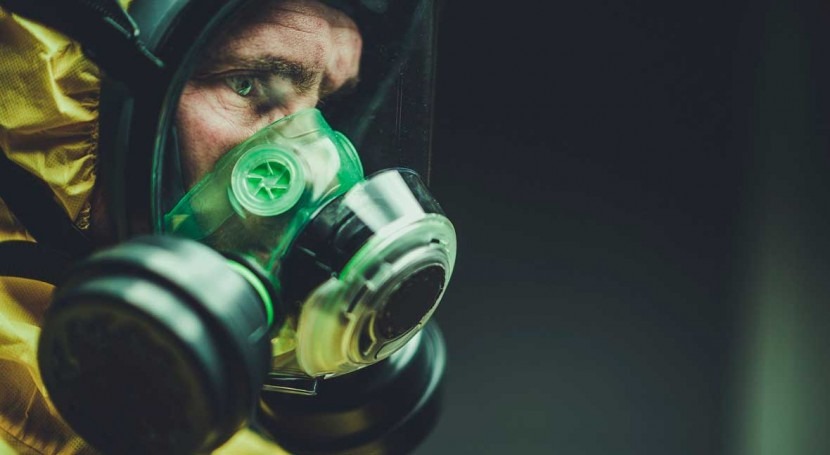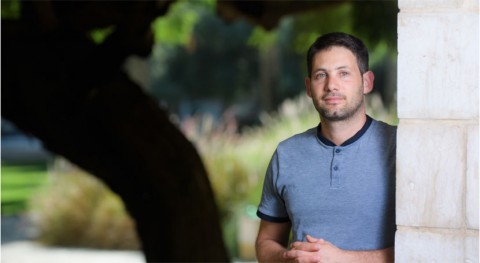Wastewater must be further treated to minimize the risk of dissemination and infection of SARS-CoV-2, according to Ben-Gurion University of the Negev (BGU) researchers, who found coronavirus RNA in samples from Israeli water treatment plants.
Published on medRxiv in advance of peer review, this is the first research on the presence of SARS-CoV-2 in water treatment stages. Sewage originating from areas facing COVID-19 outbreak carry SARS-CoV-2 to wastewater treatment plants in urine and feces shed by those who are infected. The BGU research team analyzed wastewater samples at several treatment stages collected during the April lockdown and a second wave in July.
“If we do not want recurring waves of outbreaks, we must reduce the infection and neutralize wastewater treatment as well,” says co-lead researcher Dr. Oded Nir of the Zuckerberg Institute for Water Research, part of BGU’s Jacob Blaustein Institutes for Desert Research. “Overall, our results highlight the need for further research on the occurrence and infectivity of SARS-CoV-2 in treated and untreated wastewater.”
The researchers found that existing processes were inadequate to reduce the virus concentration to undetectable levels
While most of the sewage in the United States, Israel and other developed countries undergoes biological treatment before release to the environment or reuse, the researchers found that existing processes were inadequate to reduce the virus concentration to undetectable levels. In countries and areas where water is left untreated, it can be a conduit for infection of people and animals.
According to the BGU researchers, when treated with chlorine, the virus was no longer detectable. While, chlorination was found to be effective in removing the virus, determining the proper levels will be required to ensure complete removal of SARS-CoV-2 traces.
“While utilities are now looking at their water samples to detect COVID-19, BGU’s water researchers are leading the way in determining how to remove the virus to keep communities safe,” says Doug Seserman, chief executive officer of American Associates, Ben-Gurion University of the Negev. “This is just one of a number of BGU’s COVID-19 projects that address water detection and water treatment, thanks in part to emergency funds provided by American donors.”









